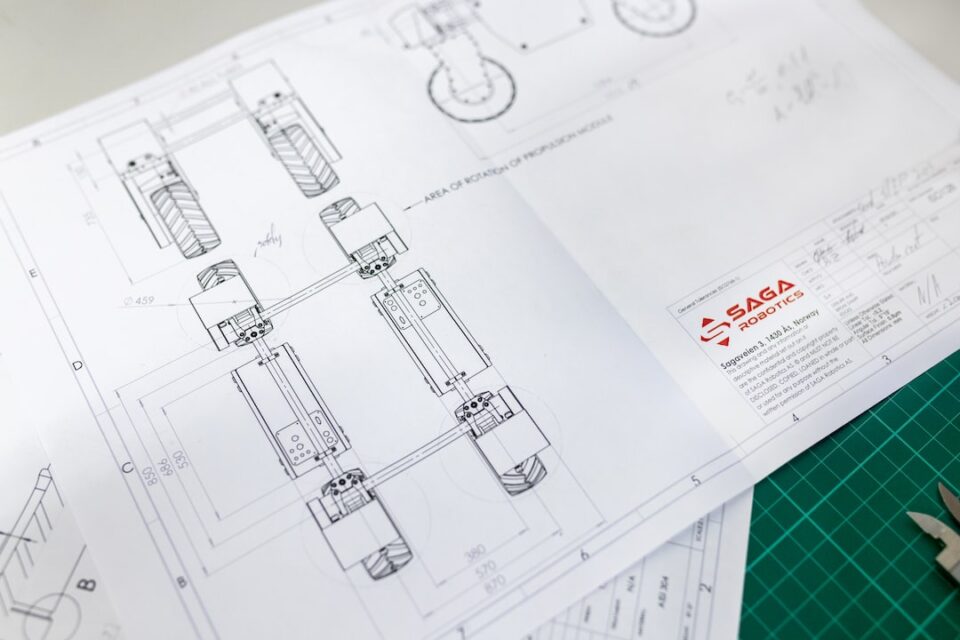The field of electrical engineering has always played a crucial role in shaping our world. From inventing electricity itself to transforming it into a highly efficient and renewable energy source, electrical engineers have been at the forefront of modern advancements. Today, as we face the pressing need for energy transition, their importance has never been more evident.
Energy transition refers to the shifting of our energy sources from fossil fuels to renewable and sustainable alternatives. With the growing concerns of climate change and the depleting resources of our planet, this transition is no longer a choice but a necessity. By reducing our reliance on fossil fuels and embracing cleaner energy options, we can pave the way for a more sustainable future.
Electrical engineering plays a vital role in making this energy transition a reality. It is the backbone of the infrastructure required to generate, transmit, and distribute renewable energy efficiently. Let’s delve into the importance of electrical engineering in each aspect of the energy transition.
Generation:
In the generation phase, electrical engineers are responsible for harnessing energy from renewable sources like solar, wind, hydro, and geothermal power. By utilizing their expertise, they design and develop systems that efficiently convert these sources into usable electricity. They work on optimizing the performance and efficiency of these systems, ensuring that we can generate power at a large scale.
For example, electrical engineers work on improving the efficiency of solar panels, making them cheaper and more accessible. They also develop innovative wind turbine designs, making them more reliable and efficient. All these advancements contribute to the overall success of the energy transition by ensuring a consistent and reliable supply of clean energy.
Transmission:
Once electricity is generated, electrical engineers are responsible for the intricacies of transmission. They design and develop the power transmission systems that efficiently transport electricity from the generation sources to the end-users. This involves creating a network of transmission lines, transformers, and substations that can handle the unique challenges of handling clean energy.
As the energy transition involves decentralized sources of generation, such as rooftop solar panels and small-scale wind turbines, electrical engineers are also involved in creating smart grids. These grids can accommodate the fluctuating supply and demand of renewable energy and ensure a stable power supply to the consumers. The complexity of these grids requires electrical engineers to design intricate control systems and algorithms to manage and balance the distribution of electricity.
Distribution:
In the distribution phase, electrical engineers play a vital role in ensuring that electricity reaches the end-users safely and efficiently. They design and maintain distribution networks, which include power lines, transformers, and power substations, that carry electricity from the transmission grid to our homes, businesses, and industries.
But the energy transition brings additional challenges to distribution networks. Renewable energy sources, such as solar and wind, have intermittent and unpredictable generation patterns. This means that electrical engineers must develop solutions, like advanced energy storage systems, to efficiently store excess energy and release it when needed. They need to find innovative ways to integrate these storage systems into the existing distribution infrastructure to ensure a reliable power supply.
Innovation and Research:
The energy transition requires constant innovation and research, and electrical engineers are at the forefront of these advancements. They are constantly working on developing new technologies, improving existing ones, and finding ways to make them more efficient and cost-effective.
Moreover, electrical engineers are also involved in developing energy management systems and technologies that promote energy conservation. They work on smart grids, smart meters, and automated control systems that can optimize energy usage in both residential and industrial settings.
Conclusion:
As we strive for a future powered by clean and sustainable energy, it is clear that electrical engineering will play a vital role in making this transition a reality. From generation to transmission and distribution, electrical engineers are essential in ensuring that renewable energy sources are efficiently harnessed, transported, and made available to end-users.
Their expertise in optimizing systems, developing advanced technologies, and integrating renewable energy sources into our existing infrastructure is fundamental to the success of the energy transition. Without their contributions, the transformation of our energy sector would not be possible.
It is crucial that we support and invest in the field of electrical engineering as we work towards a cleaner and brighter future. By doing so, we can continue to leverage their knowledge and skills to build a sustainable world that is powered by renewable energy sources.

